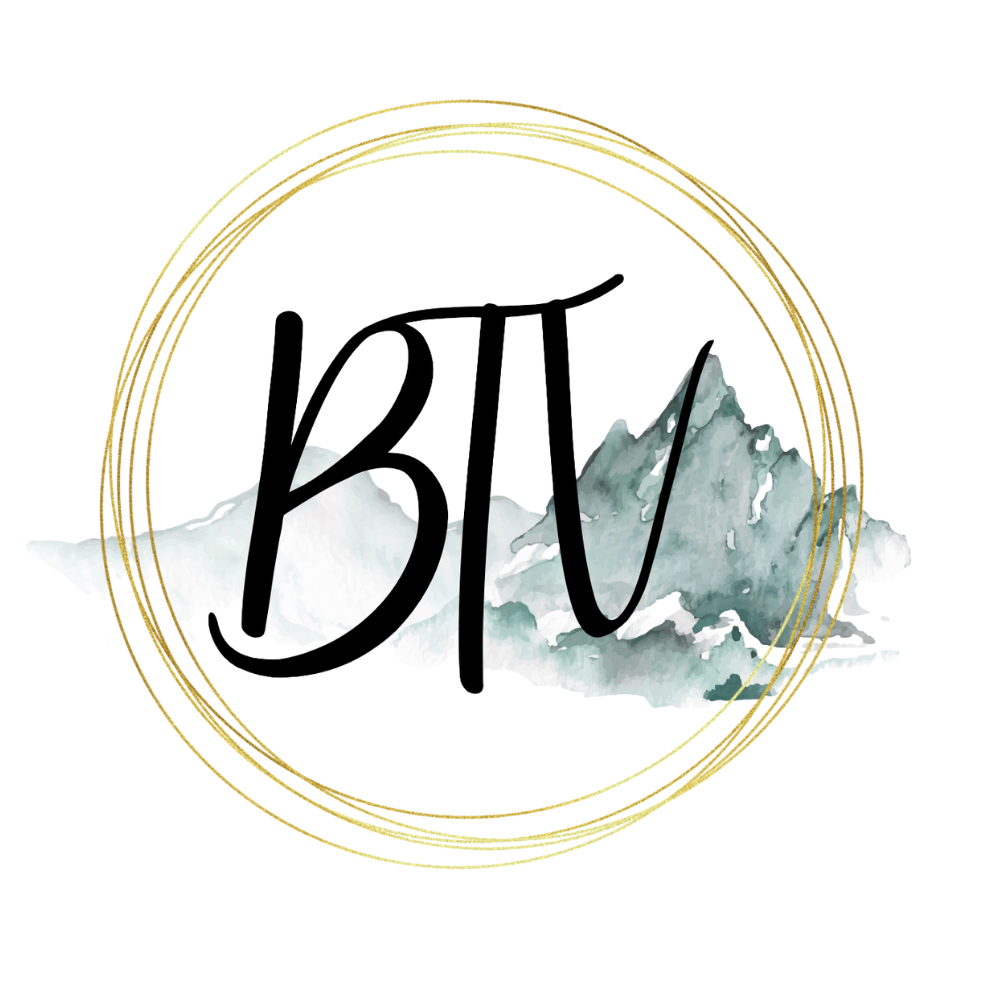Cancer in the Fire Service: A Therapist’s & Firefighter Spouse’s Perspective
When you marry a firefighter, you quickly learn that the dangers of the job extend far beyond the flames. As both a therapist and a firefighter’s wife, I’ve seen the impact of cancer in the fire service from two distinct but deeply personal perspectives, as a clinician supporting first responders and as a partner living with the constant undercurrent of worry.
My husband began his journey in the fire service at just seventeen years old, starting as an Explorer, moving on to Cal Fire (then CDF), and eventually joining city departments. Like many in this line of work, his identity is rooted in service, brotherhood, and bravery. But behind the pride of the uniform lies a growing threat that’s stealing too many of these heroes far too soon: cancer.
A Personal Journey: Love, Loss, and the Hidden Dangers of the Job
The reality of cancer in the fire service hit close to home early in our marriage. One of my husband’s co-workers and his wife attended our wedding, full of joy, laughter, and future plans. Not long after, that same friend was diagnosed with bladder cancer. As newlyweds, we stood by helplessly as he lost his fight, leaving behind a devastated family and a firehouse full of grief.
That was only the beginning. Over the years, I’ve watched too many of my husband’s brothers and sisters in the fire service face the same battle… some developing rare cancers, others passing away long before retirement age. The hardest part is realizing how young so many of them are. Today, in my therapy practice, I see firefighters under 40 grappling with diagnoses that were once considered diseases of old age.
This ongoing pattern isn’t coincidence, it’s exposure. Despite modern safety improvements, firefighters are still inhaling toxins, handling contaminated gear, and entering environments filled with carcinogens. The risk is constant, and the numbers are heartbreaking.
The Emotional Toll on Fire Families
For those of us at home, the fear never fully leaves. Every ache, every cough, every new mole or twinge brings a rush of anxiety: “Is this it? Will he be next?” It’s an unspoken reality in fire families… the lingering awareness that something invisible could one day take the person you love most.
When a diagnosis does come, the emotional weight can be crushing. I’ve seen strong, resilient firefighters who have faced burning buildings crumble under the emotional toll of cancer. The uncertainty, the treatments, the fatigue… it all takes a toll on marriages and families.
From a clinical standpoint, cancer often reignites post-traumatic stress symptoms that many firefighters already carry from years on the job. The loss of control, the medical procedures, and the fear of death can trigger flashbacks, depression, and emotional withdrawal. Partners and children are left trying to navigate a new kind of trauma, one that’s quiet, exhausting, and deeply personal.
Identity, Purpose, and the Invisible Wounds
For many firefighters, the firehouse isn’t just a workplace, it’s a second home, a source of belonging and identity. When cancer forces them out of the job they love, it’s not just a health battle; it’s an identity crisis.
Some firefighters experience what we call moral injury, a deep emotional pain caused by the belief that their illness was preventable, or that their years of service exposed them to unnecessary risk. Others feel guilty for stepping away, worried they’ve let their crew down. For many, early retirement due to illness feels like losing a piece of who they are.
As a therapist, I see the ripple effects of this loss. It’s not just about grief or fear; it’s about rebuilding a sense of purpose outside of the firehouse. Supporting firefighters through that transition, helping them and their families find meaning again, is one of the most important parts of my work.
Healing Through Awareness and Support
Cancer in the fire service is a silent epidemic that demands both medical and emotional attention. For families living this reality, therapy can provide a safe space to process the fear, grief, and uncertainty that come with each diagnosis.
If you’re part of a fire family facing these challenges, you’re not alone. Support exists, not just in the form of medical treatment, but through culturally competent therapy designed specifically for first responders and their loved ones. Together, we can honor the lives and legacies of those lost by taking care of the ones still fighting, in the firehouse and at home.

